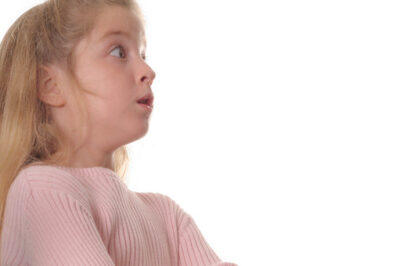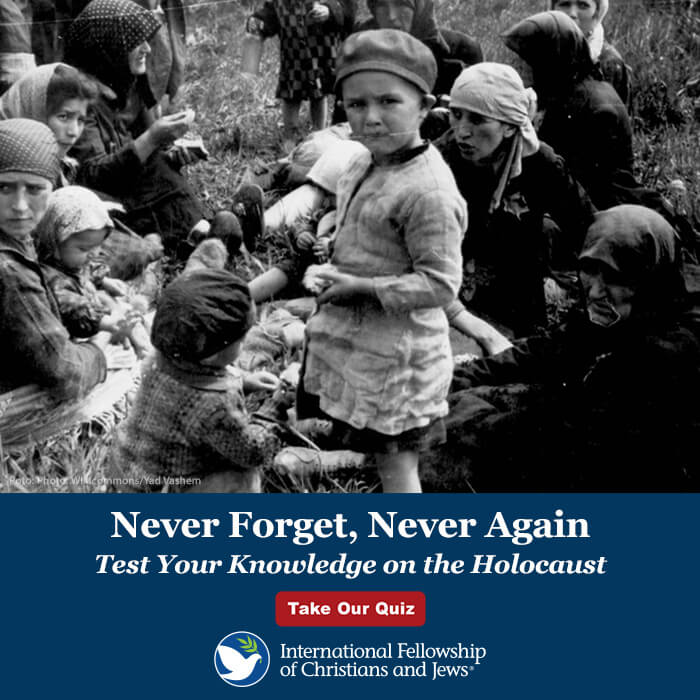Q: Is there a way to educate your children about this without instilling fear?
To teach children about sexual abuse, it is important to explain about private parts. Clearly identify for your child which parts of their anatomy are private. Explain to your child that “some places on your body should never be touched by other people, except when you need help in the bathroom, are getting dressed or you go to the doctor.”
You can do this with young children during bath time or have your child dress in a bathing suit and show them that all areas covered by a bathing suit are “private.” The bathing suit analogy can be a bit misleading because it fails to mention that other parts of the body can be touched inappropriately (like mouth, legs, neck, arms and so on), but it is a good start for little ones to understand the concept of private parts.
To teach about sexual abuse offenders, it is important to teach your kids about “tricky people.” Tricky people are grown-ups who ask kids for help or tell kids to keep a secret from their parents. Teach your kids not to do anything or go anywhere with any adult at all, unless they ask for permission first.
Q: What do parents need to know about child offenders?
Although strangers are stereotyped as perpetrators of sexual assault, the evidence indicates a high percentage of offenders are acquaintances of the victim.
Most child sexual abuse offenders describe themselves as religious, and some studies suggest the most egregious offenders tend to be actively involved with their faith community.
Sex offenders are often religious, and many of them attend church. In a study of 3,952 male sex offenders, 93 percent of these perpetrators described themselves as “religious.”
Dr. Anna Salter, a sexual offender treatment provider, states it is important for parents and child-serving organizations such as churches to avoid “high-risk situations.” This is because “we cannot detect child molesters or rapists with any consistency” and thus “must pay attention to ways of deflecting any potential offenders from getting access to our children.”
Many youth organizations have prevented the abuse of children in their care simply by limiting the access of potential offenders to boys and girls. Child abusers count on privacy to avoid detection of their criminal behavior. When churches or other faith institutions remove this privacy, it becomes more difficult for the offender to succeed.
Q: Is it a bad idea to force our kids to sit on an uncle’s lap or to return Grandma’s kiss? What are some ways parents help their extended family understand the physical boundaries they allow their kids to have?
It is important to teach kids how to say “stop,” “all done” and “no more.” You can reiterate this by stopping immediately when your children express they are all done with the hugging or tickling. Your reaction is noteworthy for them as it demonstrates they have control over their bodies and desires.
If there are extended family members who may have a hard time understanding your family boundaries, you can explain you are helping your children understand their ability to say no to unwanted touch, which will help them if anyone ever tries to hurt them. For example, if your children do not want to kiss Grandpa, let them give a high five or handshake instead.
Q: What are some practical things parents can do to protect their children?
In our book, the last page is to parents and is called “9 Ways to Protect Your Children from Sexual Abuse.” Some of the key practical things parents can do are: teach proper names of private body parts, talk about touches, throw out the word “secret” and identify whom to trust.
Q: What advice do you have for parents who want to create an open environment in their home, so children always feel comfortable talking to them about issues related to their sexuality or body?
We remind parents some people are out there looking to prey on our children. We have a duty to protect and prepare them for the world and to fight for them. By talking with them candidly (and, again, developmentally appropriate) about their bodies, we are setting up safeguards around them.
Dr. John T. Chirban has written an excellent book titled How to Talk to Your Kids about Sex that we highly recommend to all parents. He explains: “Someone is going to teach your kids about sex. … Shouldn’t it be you?” His book gives parents tools to talk with their children about the connections between sex, intimacy and love.
Q: What is personal safety education?
Education is important in preventing inappropriate sexual behavior or contact. By teaching children about their bodies and discussing appropriate and inappropriate touch, you are helping them understand their ability to say “no” to unwanted touch, which will help them if anyone ever tries to hurt or trick them.
Our friend Victor Vieth, the senior director and founder of the Gundersen National Child Protection Training Center, explains, “Personal safety education involves simply telling children that the parts of their bodies covered by bathing suits are not supposed to be touched by others and, when they are, they should tell someone. If the person they tell doesn’t believe them, they should keep on telling until they are believed.”








Leave a Comment
You must be logged in to post a comment.